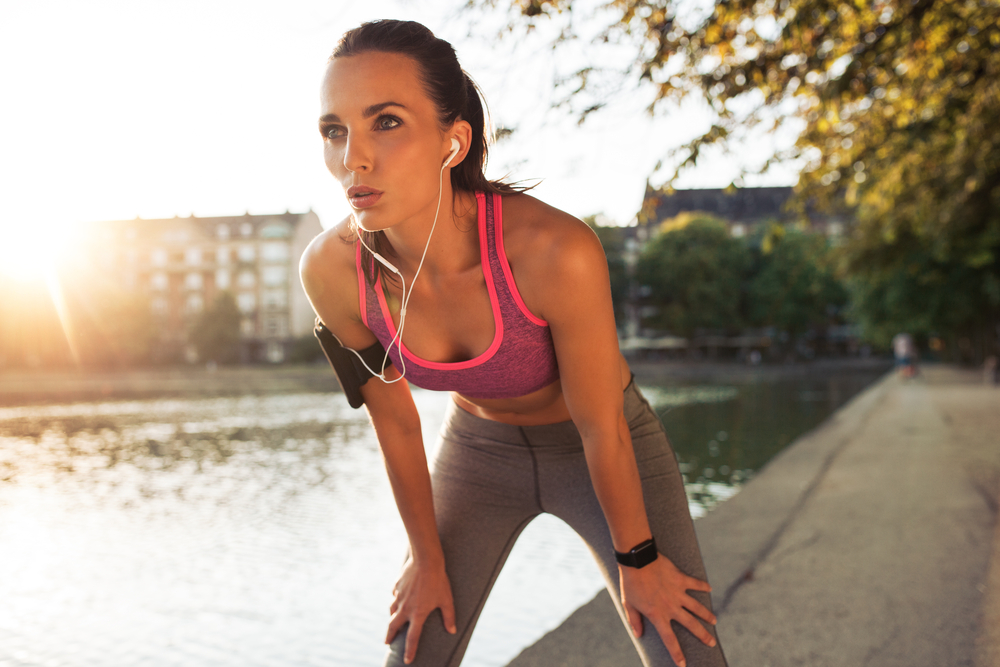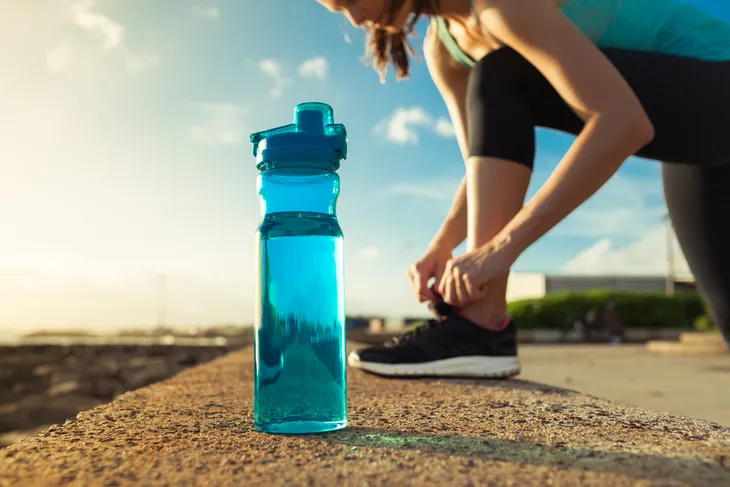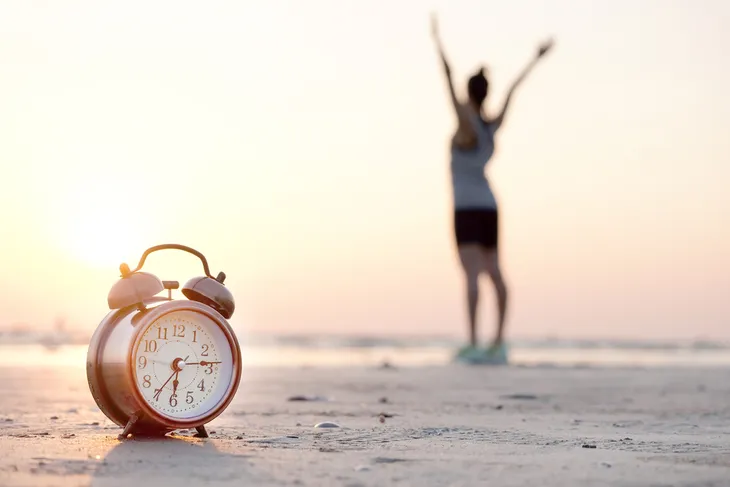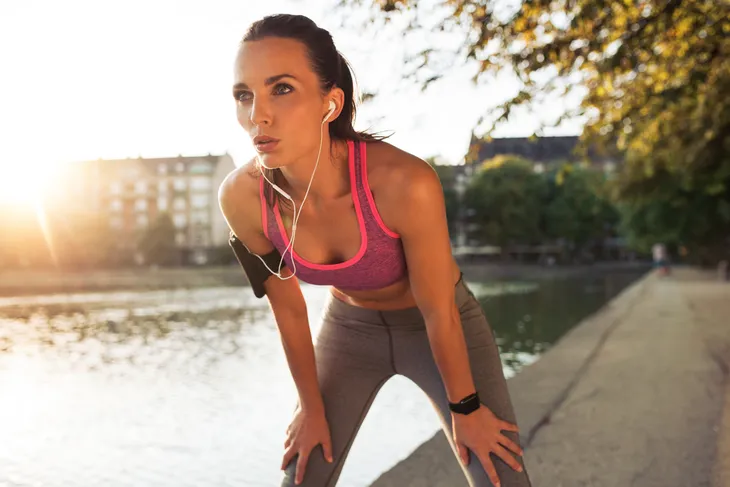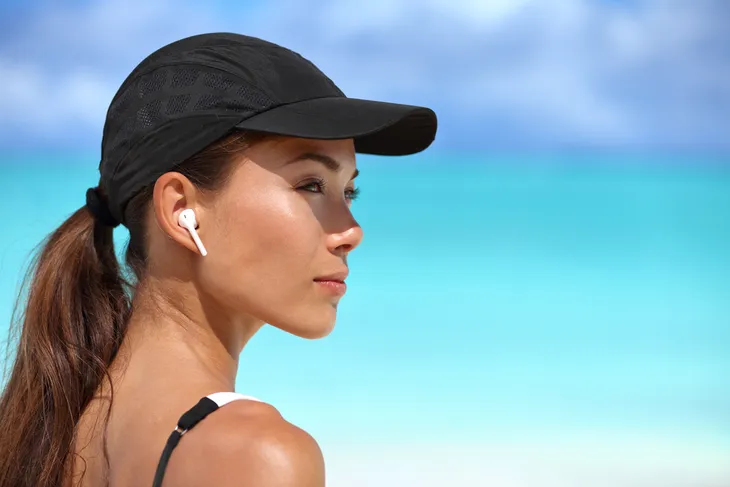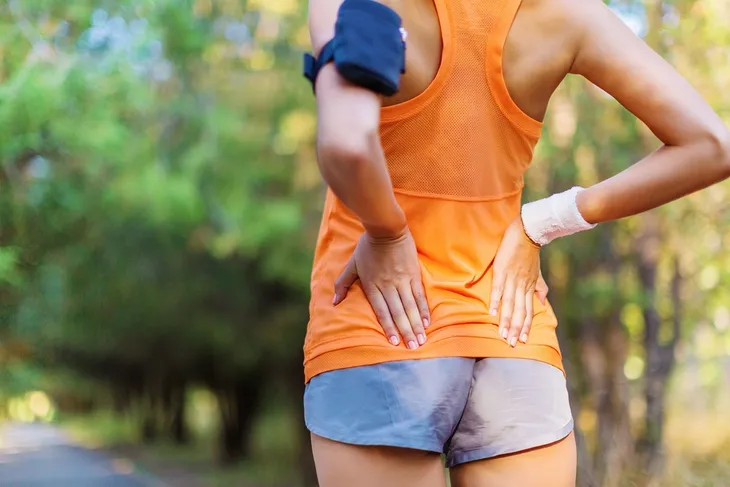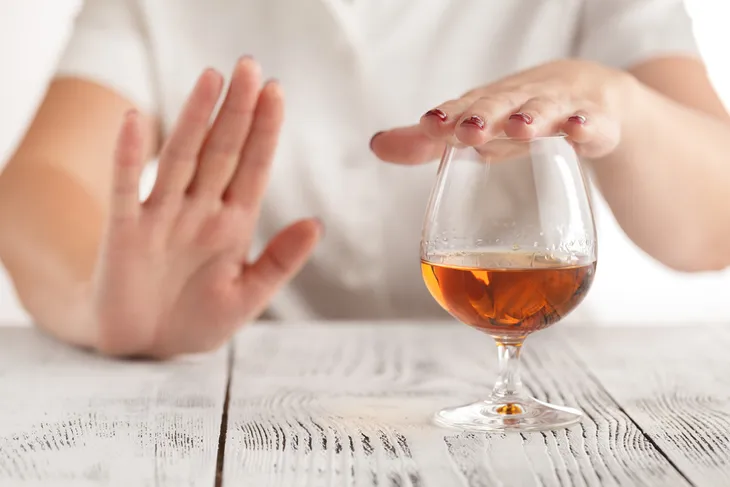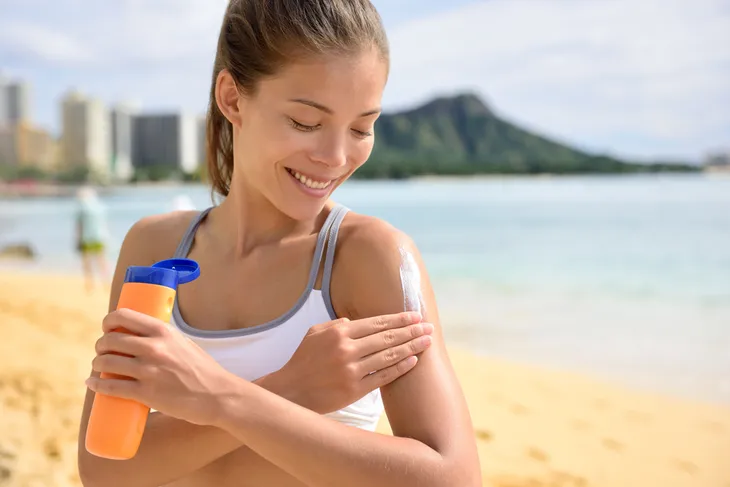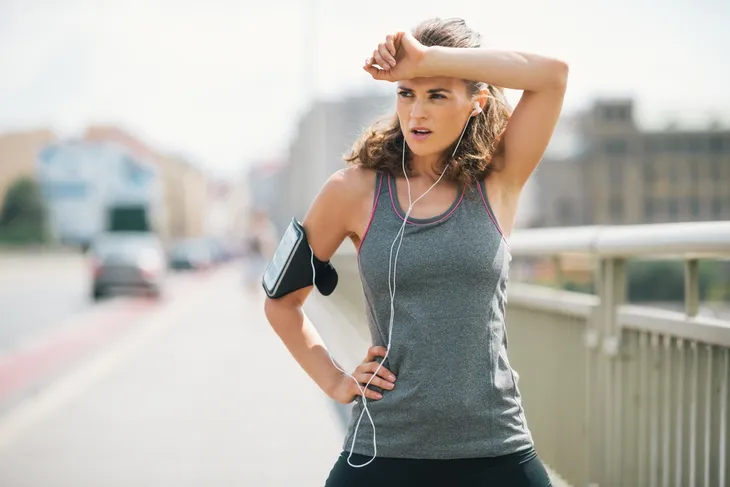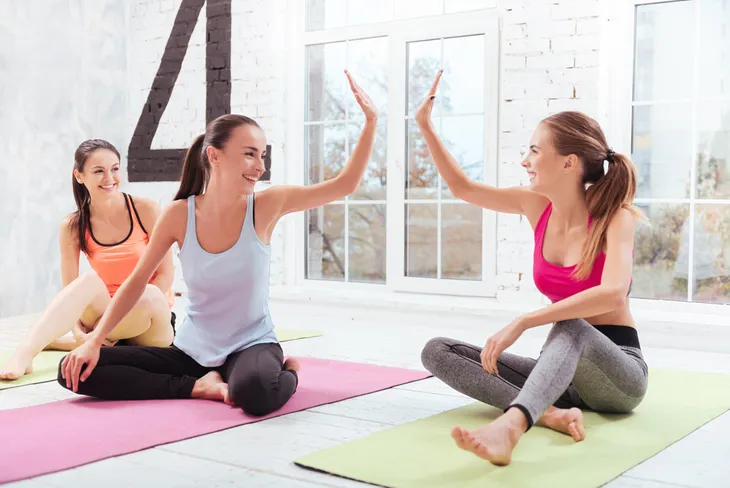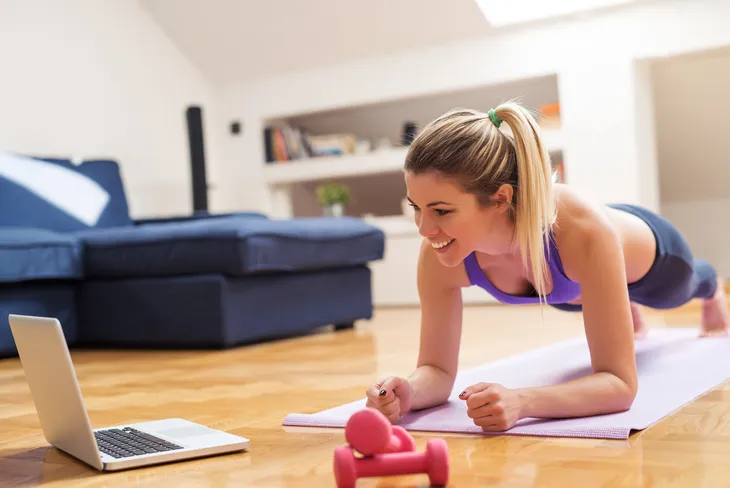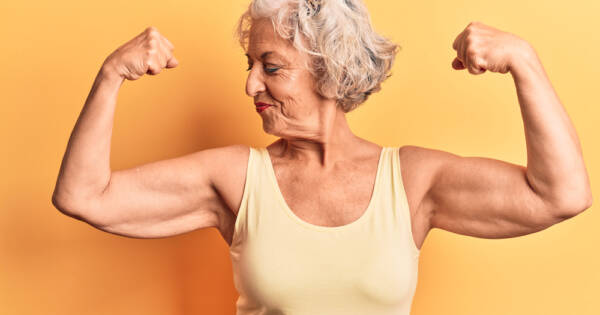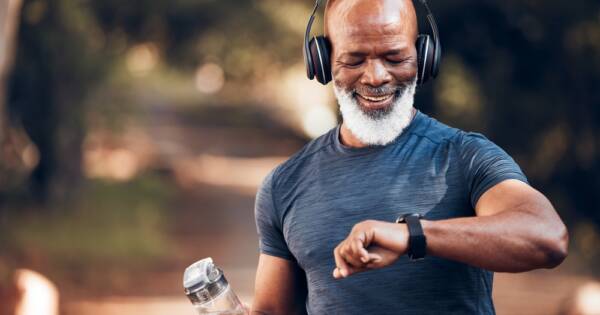While we may enjoying the final weeks of summer, we still may experience a heat wave or two. If you’re anything like the majority of people who exercise regularly, you probably enjoy being able to get out of the gym or house and exercise outdoors in the sunshine, and often hot, weather. But exercising in the heat can put a lot of strain on your heart, so it’s important to make sure you take precautions to protect your cardiovascular health.
Exercising in the heat can lead to heat stroke, strain your heart, and increase your chance of heart complications and failure. Sometimes you might not even know your heart health is at risk. With these 10 heart health tips for exercising in the heat, you’ll learn how to protect yourself while still enjoying your outdoor workouts…
Drink More Water
Perhaps the easiest and one of the most important tips for keeping your heart healthy while exercising in the heat, is to drink more water. Working out in hot temperatures will make you sweat more, and as a result, your body can quickly and easily become dehydrated, emphasizing the importance of drinking enough water.
Even a lot of hard-core fitness enthusiasts don’t drink enough water to remain hydrated in the heat, often because the heat can do funny things to our body. You may not feel thirsty, but that doesn’t mean you don’t need water. Hydrating before, during, and after a workout is essential.
Exercise Early or Late In the Day
The day is typically at its hottest in early to mid-afternoon. You should avoid working out during these peak times, to prevent additional stress on your body, especially your heart. Instead, try early morning or early evening workouts–it’ll still be pretty hot on some days, but you won’t be pushing your body when the heat and radiation from the sun is at its worst and most dangerous level.
Exercising in the morning or early evening can also be a great way to get you in a positive place as you start your day, or release stress when you end it.
Take Breaks
When working out in the heat, you push yourself harder–your body works harder to cool itself and you expend more energy doing so. That’s why it’s necessary to take regular breaks during your workout, to give your body the rest it needs in order to safely continue your exercise. And if you can take that break in the shade, even better.
Take advantage of these breaks by drinking water to stay hydrated, and even eating a small snack. If you want to eat something, choose fruit instead of energy bars or other foods that are dry and high in calories. Fruit is refreshing and won’t sit too heavily in your stomach when you continue your workout.
Dress Properly
What you wear while exercising outside greatly affects your workout. The heat already causes your body to exert more energy, so you don’t want your clothes to contribute to that. Choose breathable clothing–like cotton or specialty exercise clothing–that allows your body to sweat and for that sweat to be evaporated in the air.
Your lightweight clothing should also be light-colored because the lighter the clothing, the less the sun will beat down and trap the heat, adding unnecessary warmth to your already hot workout.
Decrease Intensity at Peak Heat
While the last thing you may want to do is decrease the intensity of your workouts, at times, it’s the smartest and safest way to go. If it’s a real scorcher, the heat is going to put a lot of strain on your heart because your heart has to work harder in the heat. When your heart is put under additional strain, you increase the risk of an irregular heartbeat, and even worse, congestive heart failure.
Even the healthiest of people can work their heart too hard and greatly damage their overall heart health when exercising in the heat without taking precautions. So be safe and decrease the intensity when it’s really hot.
Ease Up on the Alcohol and Caffeine
Obviously we aren’t talking about drinking alcohol during your workout or taking a thermos of coffee on your run. But what you consume the night before your morning run or right before can affect your heart health when exercising in the heat. Consuming caffeine and alcohol–both of which are diuretics–make you to urinate more, contributing to dehydration.
Being dehydrated when exercising is dangerous to your heart, even more so when you’re exercising outside when it’s hot. Alcohol lowers your blood pressure, putting additional strain on the heart, while caffeine can speed up your heart, neither of which is good for your heart health.
Slap on the Sunscreen
The UV rays from the sun do more than put you at risk of painful sunburns and skin cancer–it can also put strain on your heart. According to the Mayo Clinic, your body’s ability to cool itself decreases when you have a sunburn. When your body can’t cool down and maintain a safe temperature, your heart has to work harder, and it can put you at risk of heat stroke, which can cause some serious medical issues.
And if you’re at risk of or have a current heart condition, you have an even greater risk of straining your heart if your body can’t cool itself down. So lather up to protect more than your skin.
Build Up to a Full Workout
The warm weather always makes us want to be outside as much as possible and when the nice weather hits, your first thought might be to do all of your workouts outside. But going from exercising indoors, in temperature-regulated places, to outside in the sun and summer heat, can strain your heart. How?
It takes time for your body to adjust to changes in temperature, specifically to heat–it needs to lower your heart rate and body temperature when outside, and it takes a week or two to do so. When you start exercising in the heat, start slow and build up the intensity and length of your workout over a couple weeks.
Team Up with a Friend
One of the easiest ways to make sure you don’t push yourself too hard is to exercise with a friend who also understands the importance of maintaining your heart health while exercising in the heat. Working out in a group often serves as great motivation to push yourself, but in the case of being safe, it can also be a compelling reminder to look out for another person’s health and well-being, which in turn ensures your own health.
Drink water and take breaks at the same time, and keep an eye out for symptoms of heat stroke. And really, who doesn’t like getting some extra social time and having fun with a friend?
When It’s Time, Call It Quits
If you’re dedicated to regular exercise, you know how to push your body in good ways to reach goals, expand your abilities, and hone your skills. But you should also know when your body has had enough, and to have the strength to call it quits. Exercising in the heat can be exhilarating because your body works harder and the sweat comes more quickly and constantly.
Like most exercise junkies, the endorphins are powerful and you crave the results of pushing yourself. Because of this, it can be hard to know when you’re actually doing more damage than good. If the temperature is soaring, listen to your body and know when to take breaks and call it quits.
